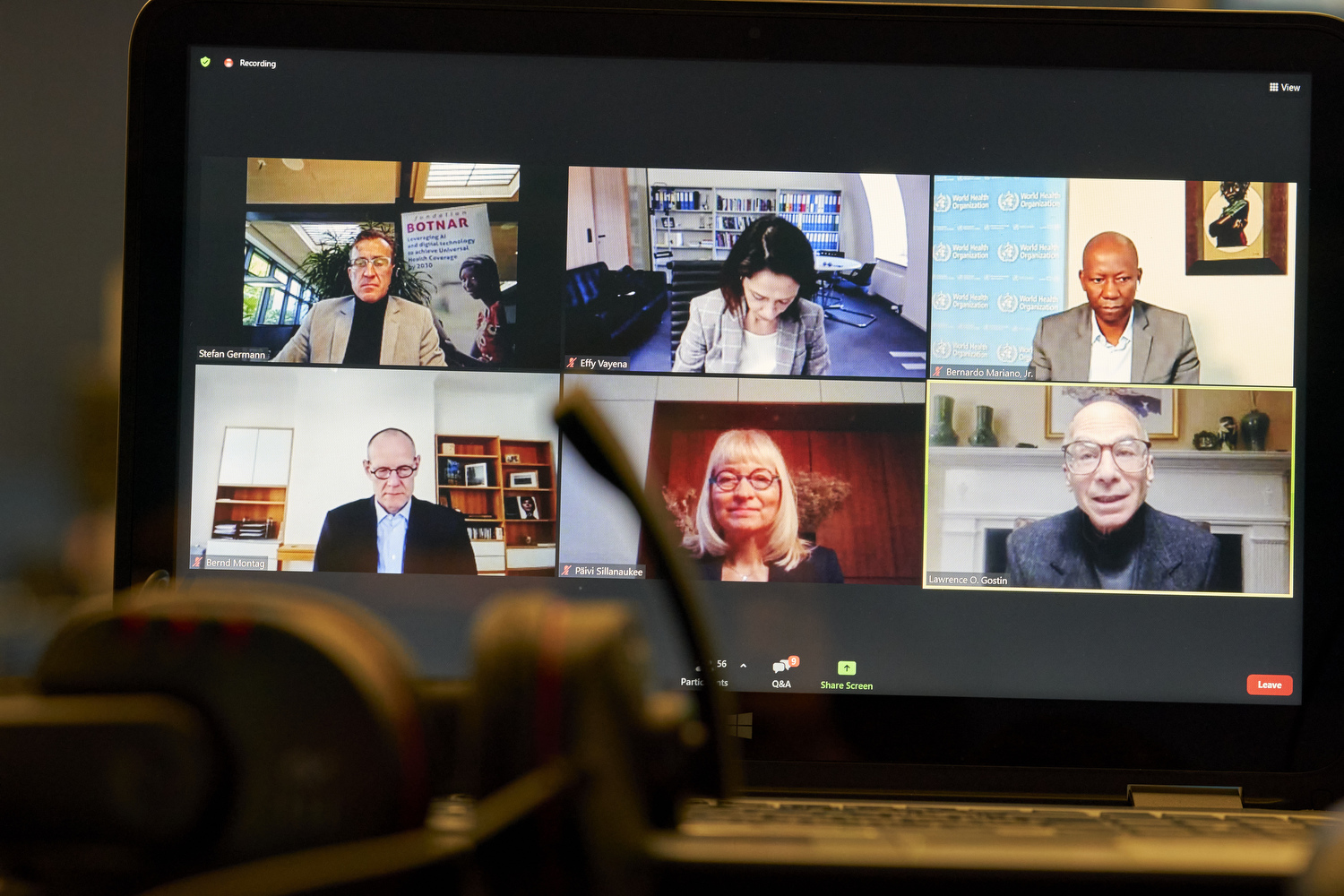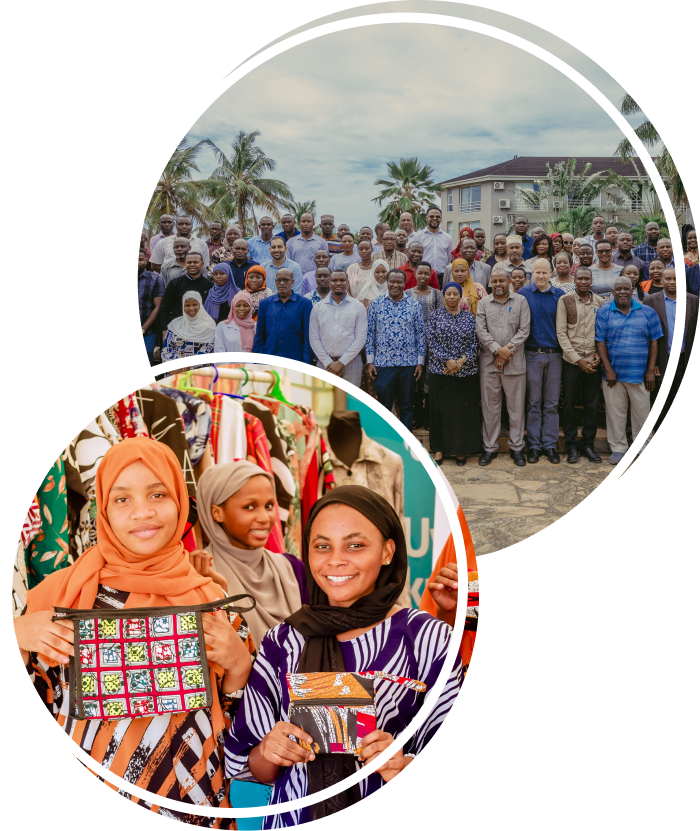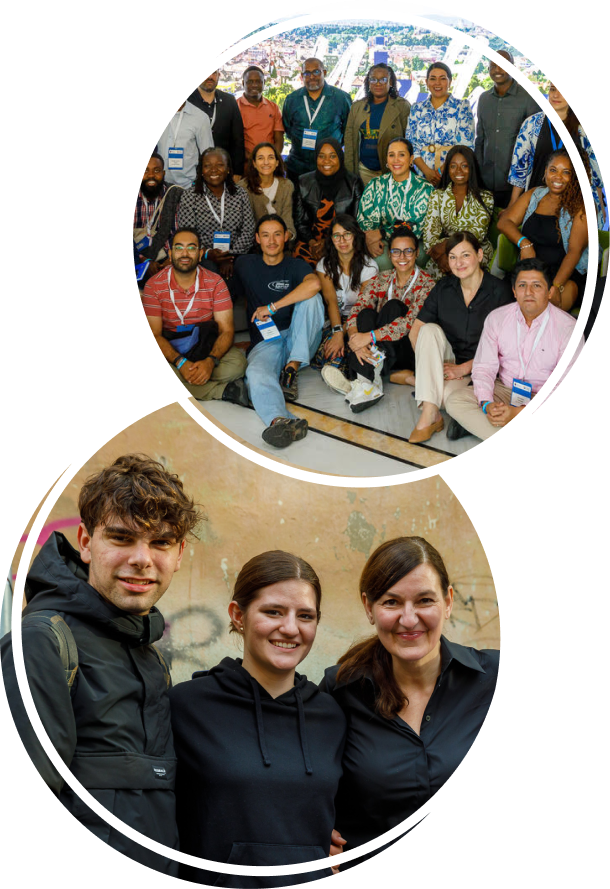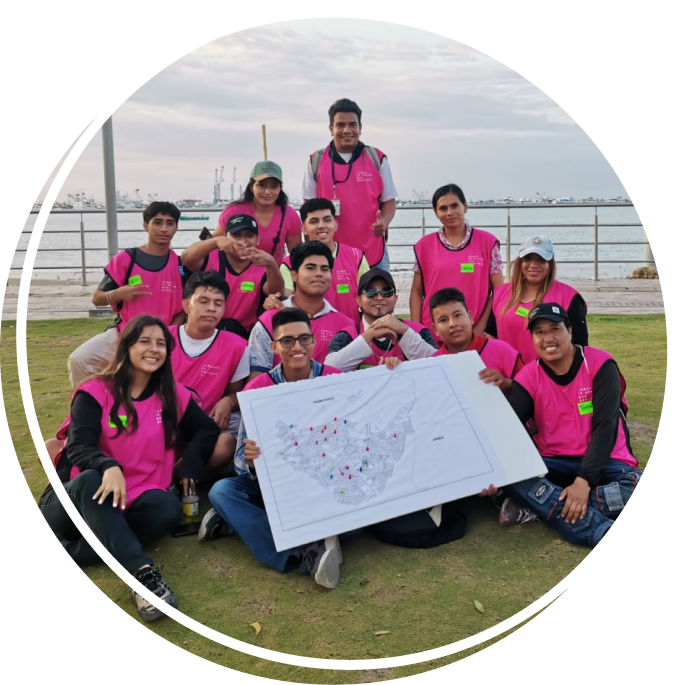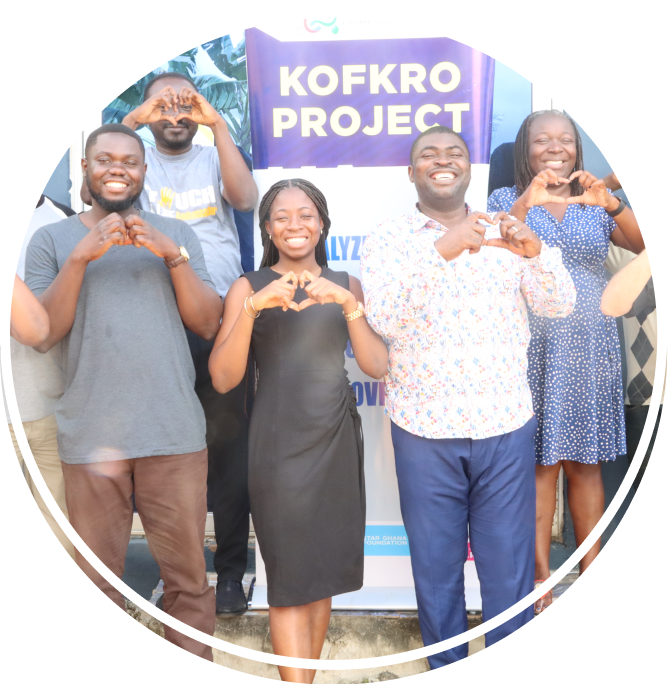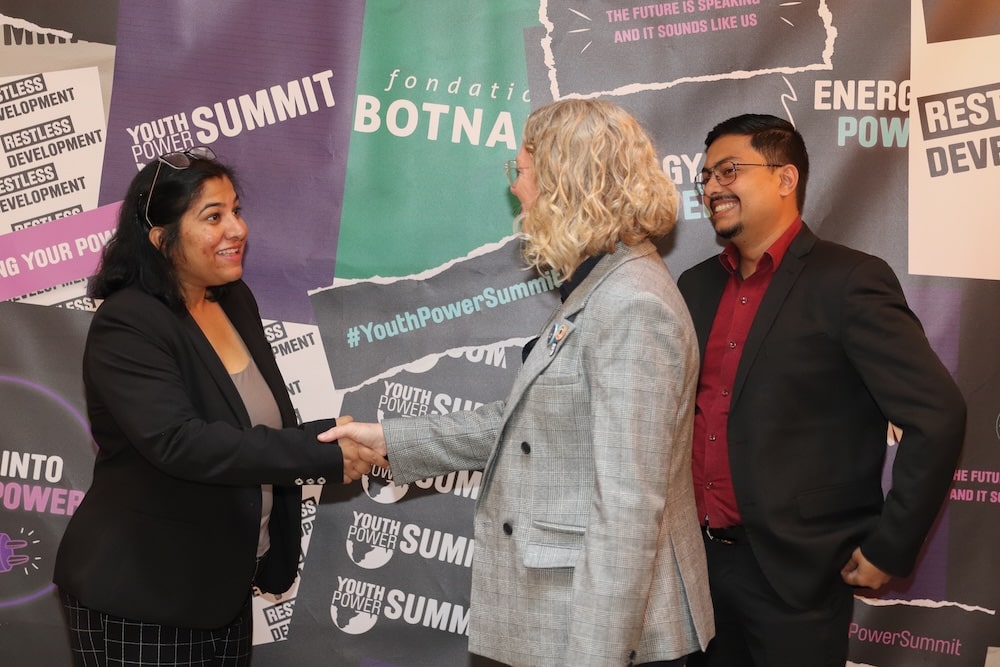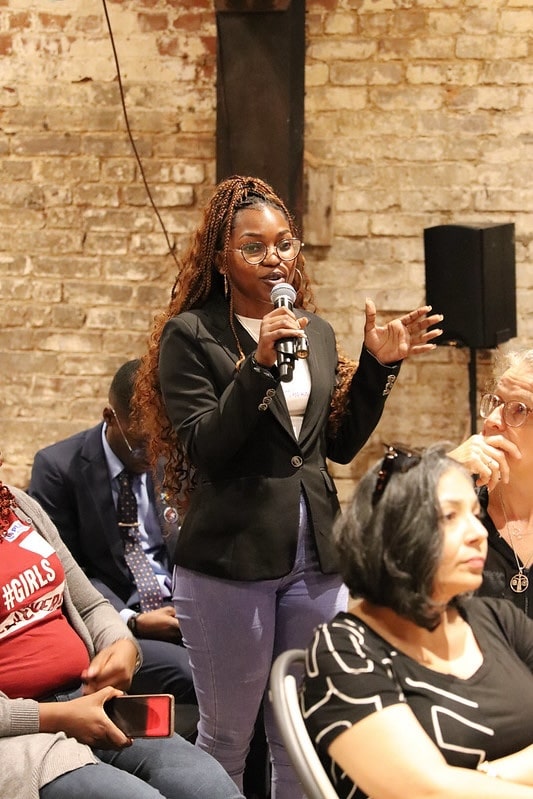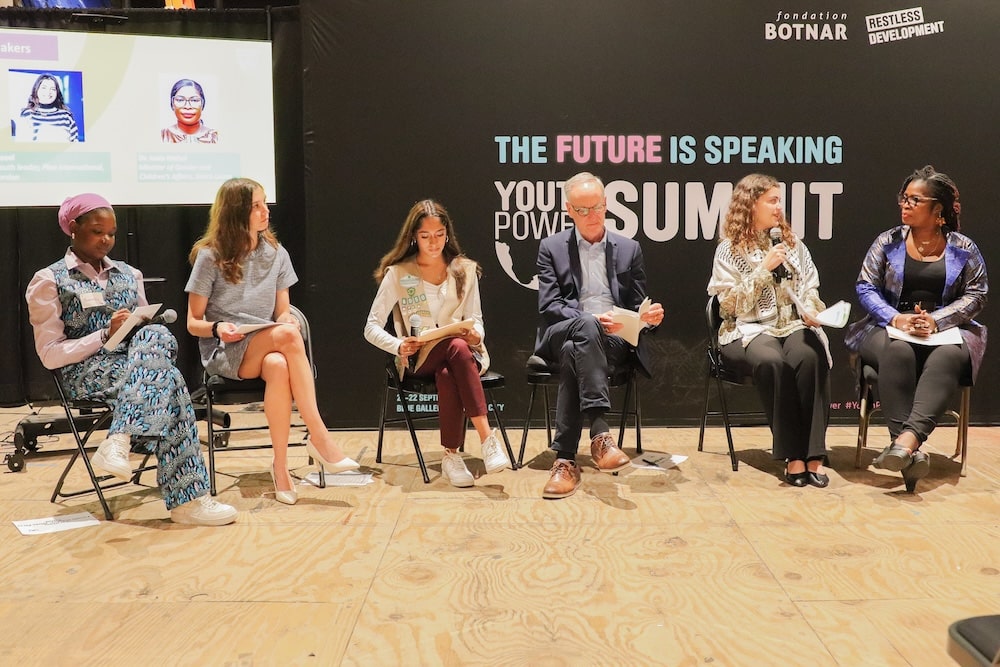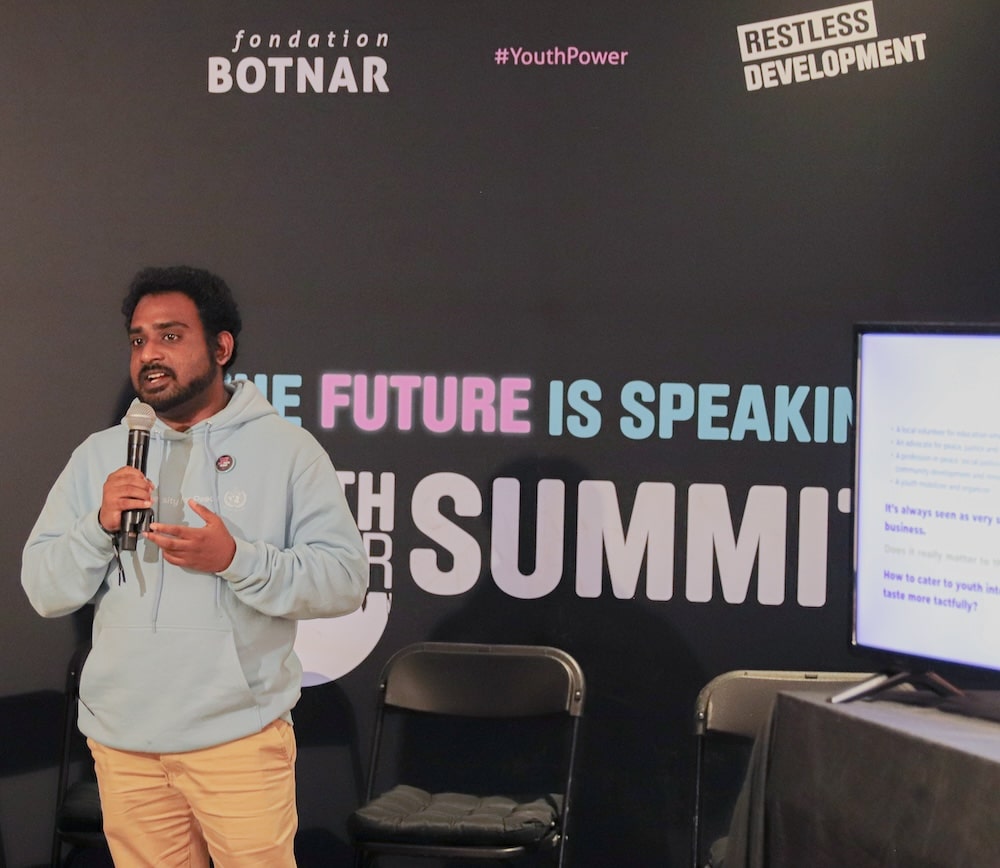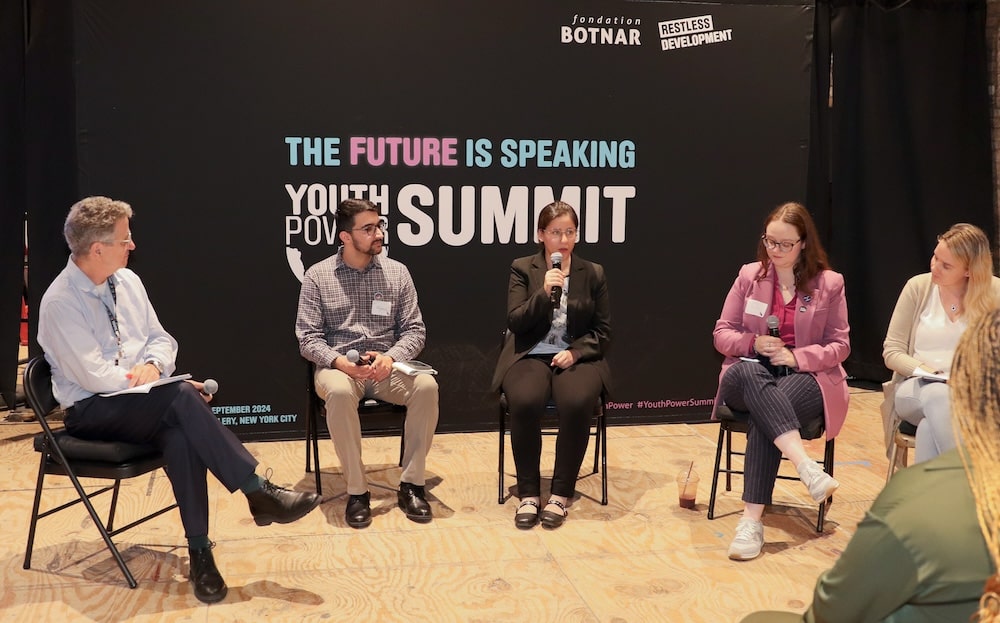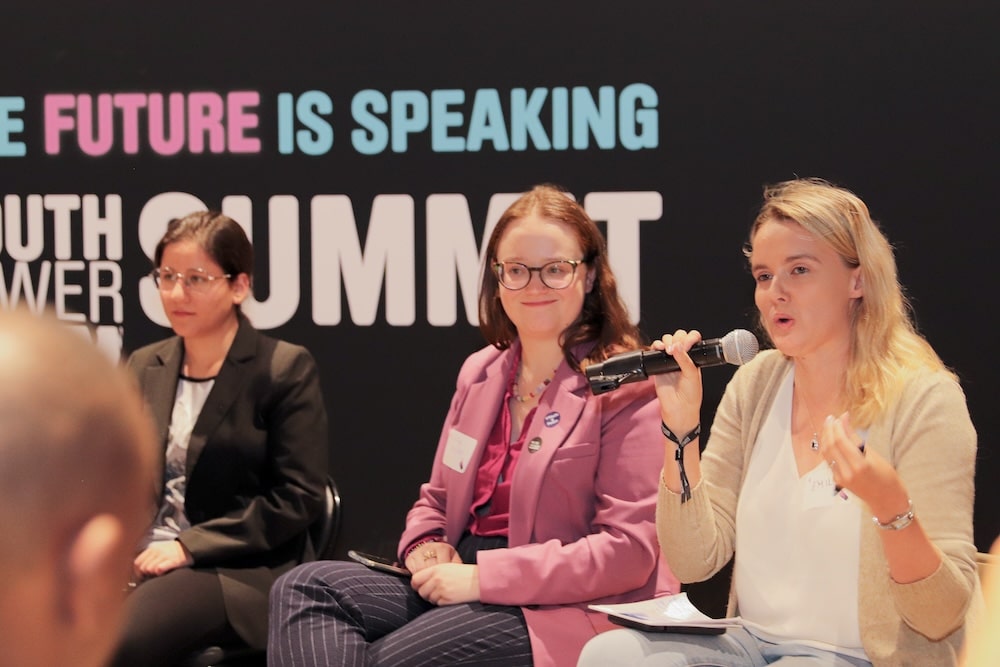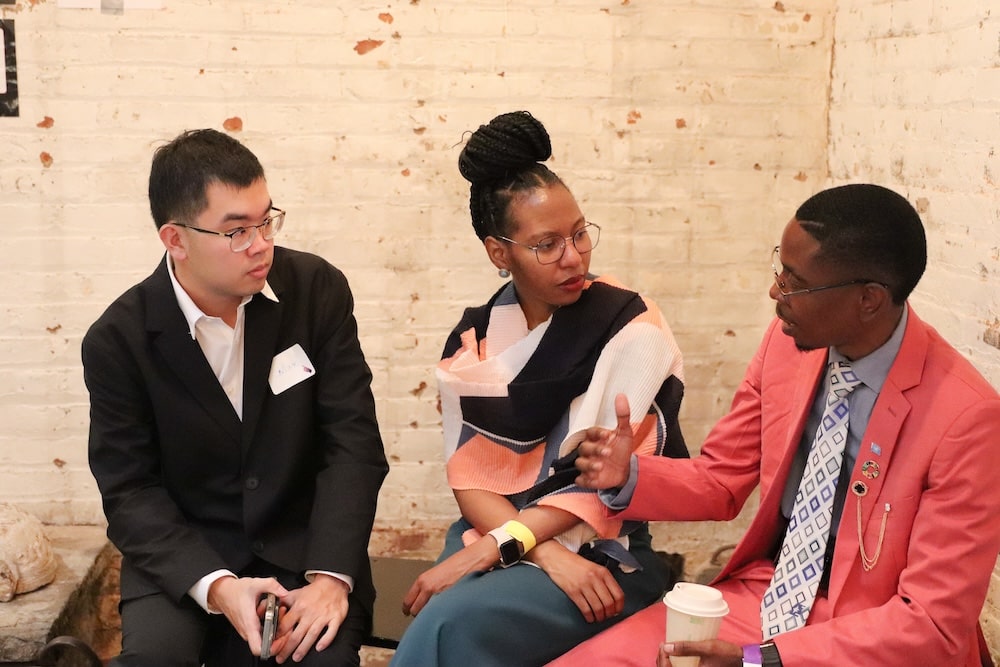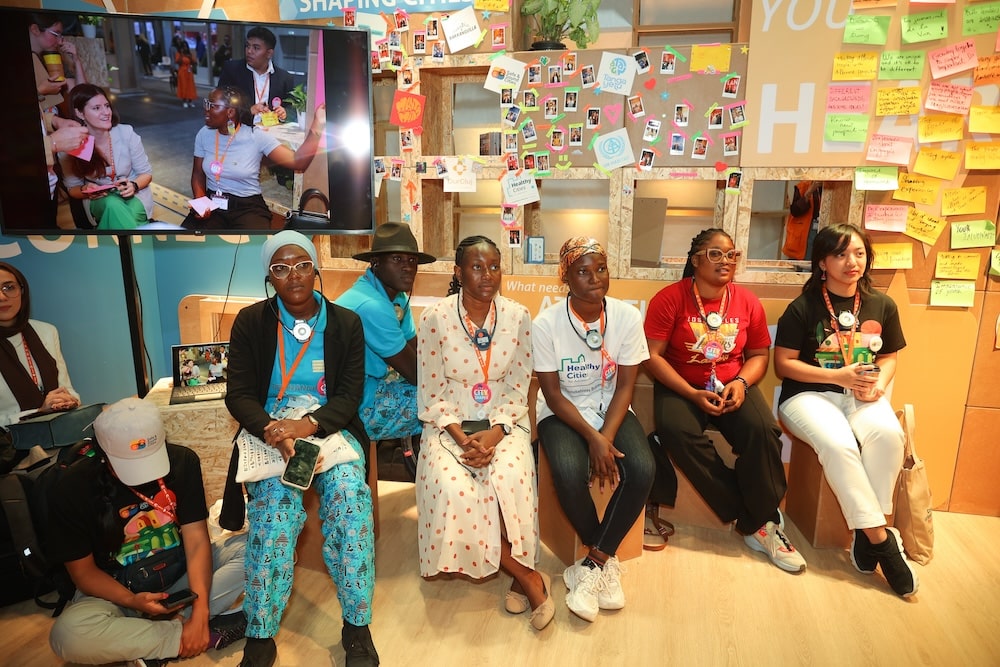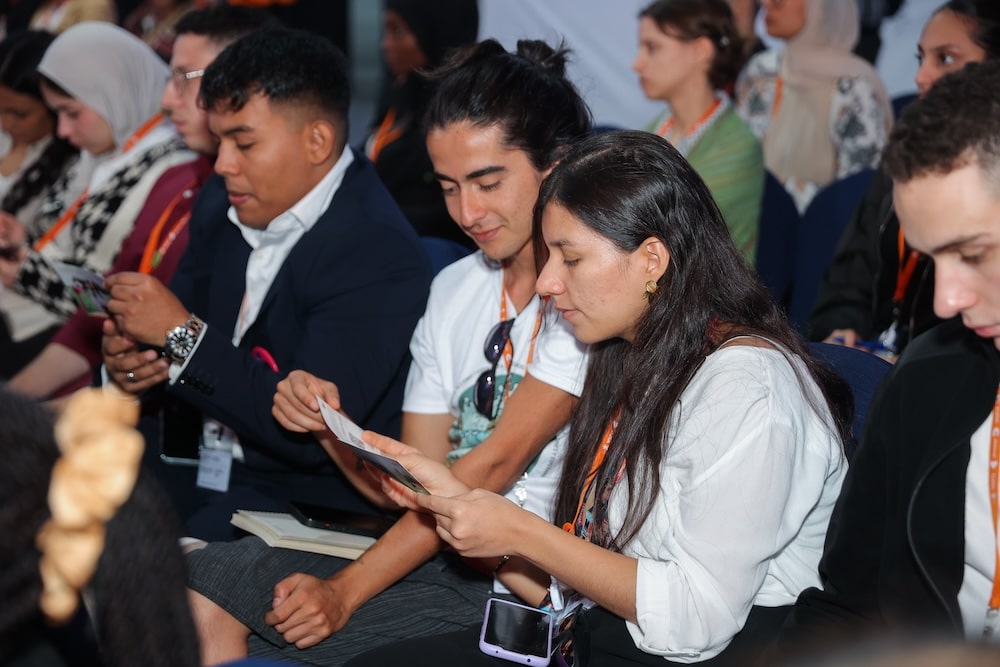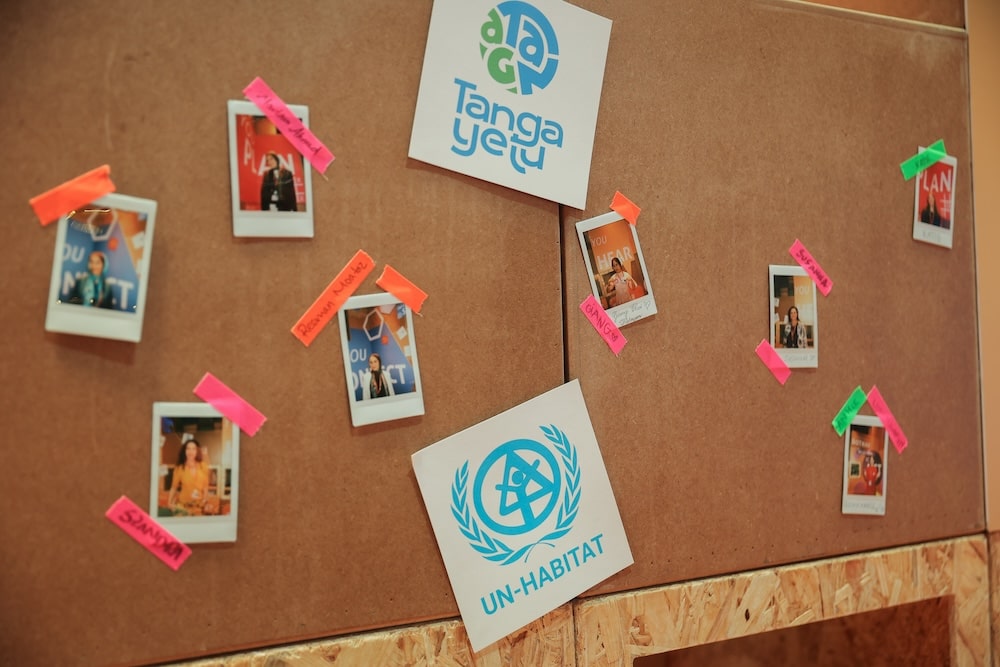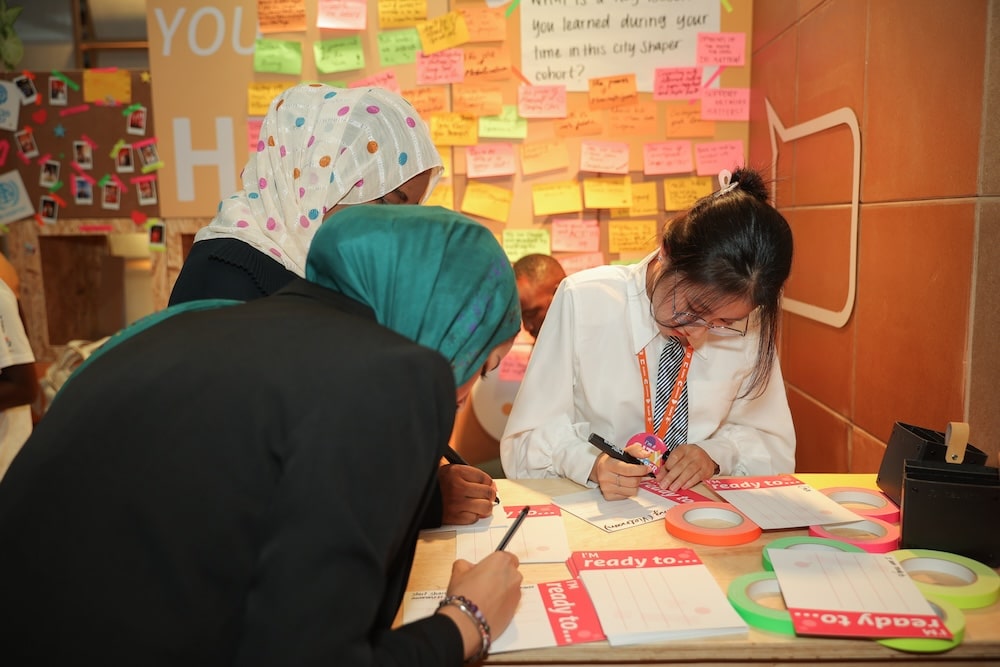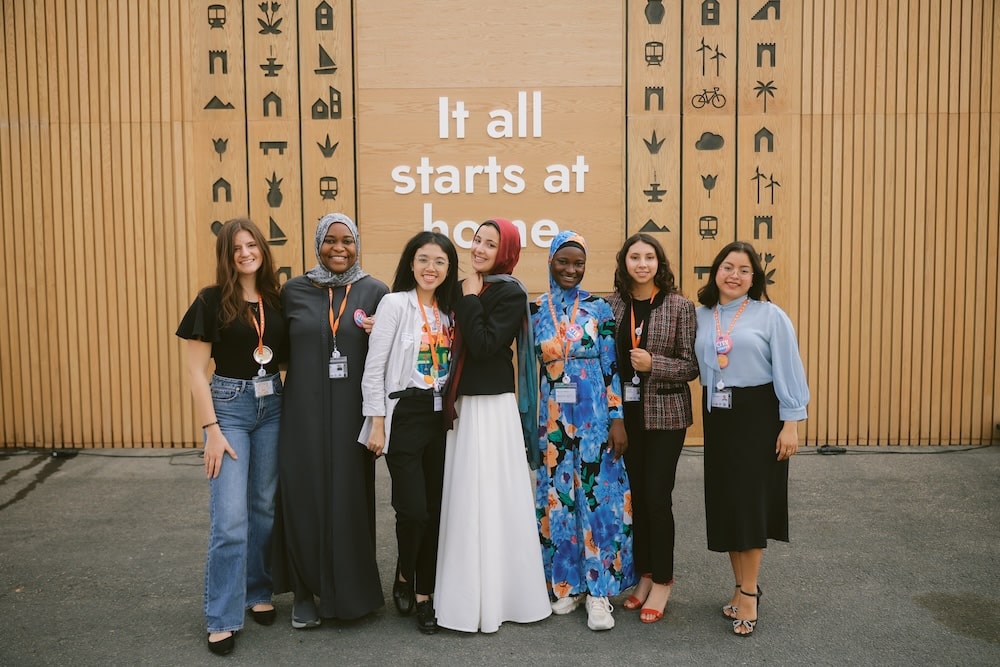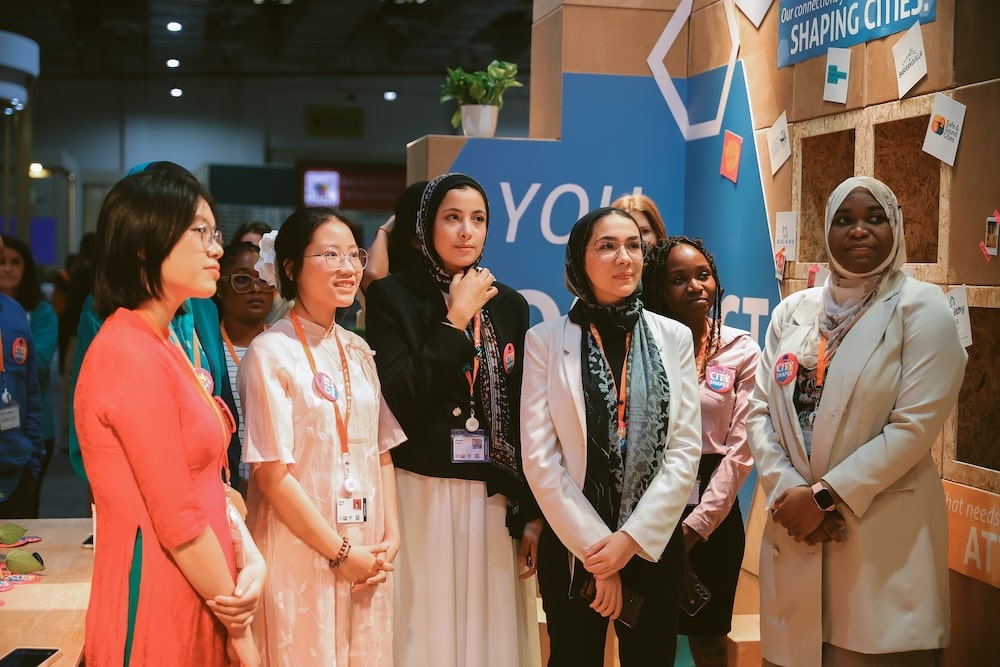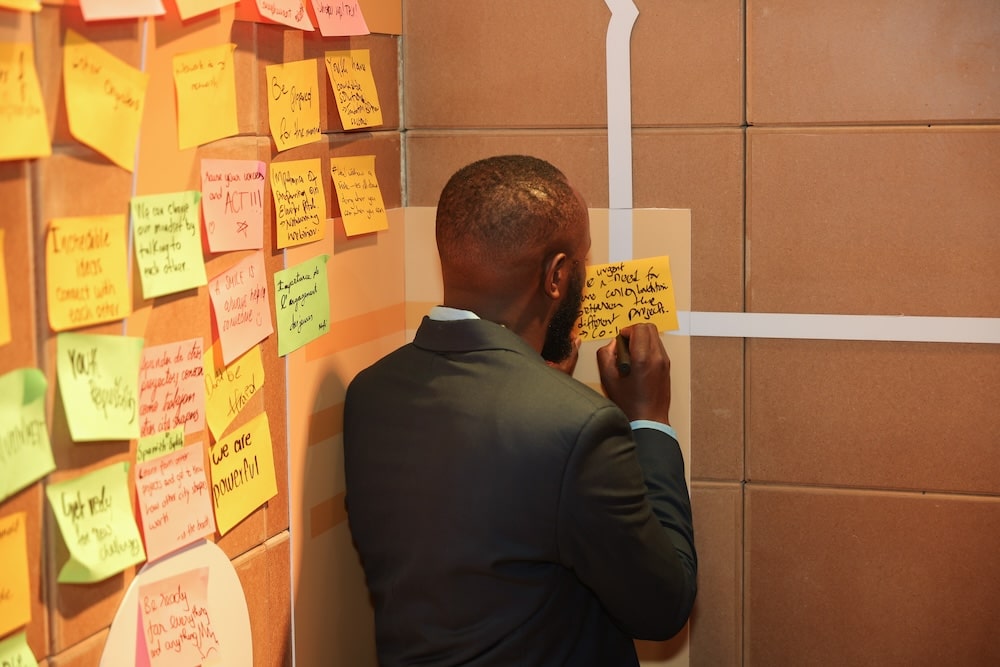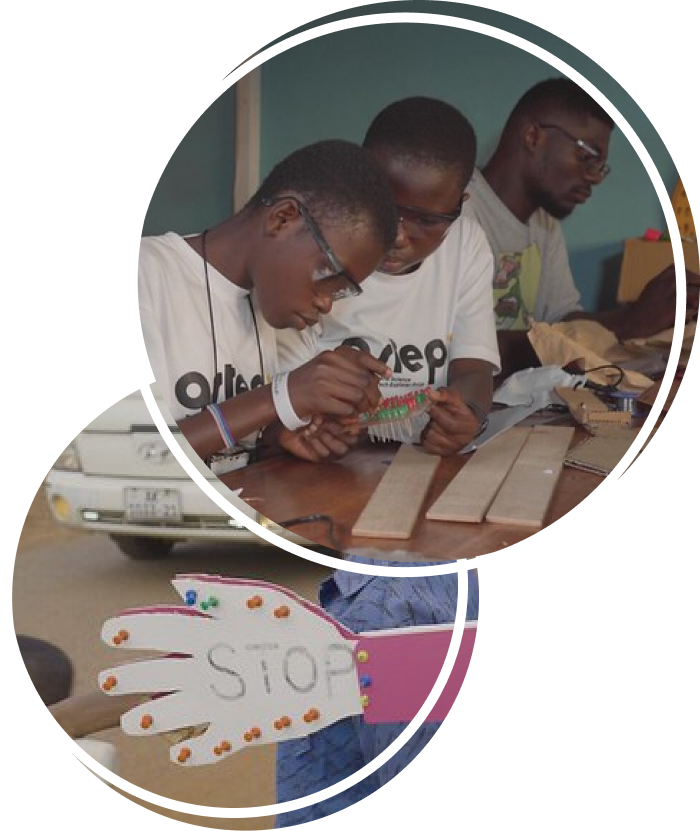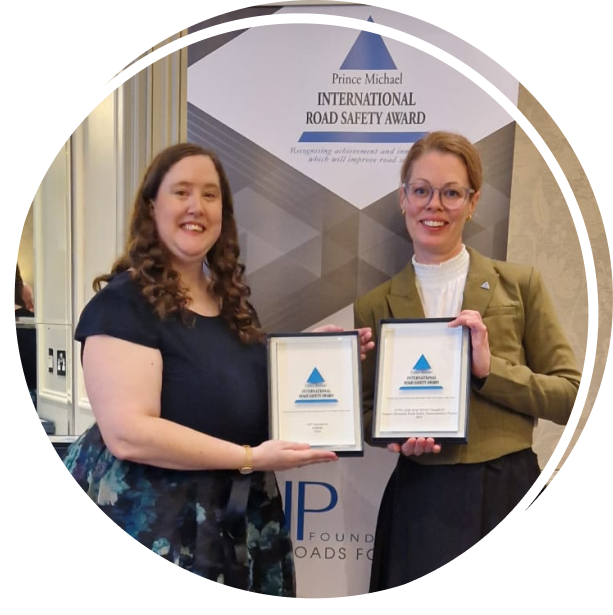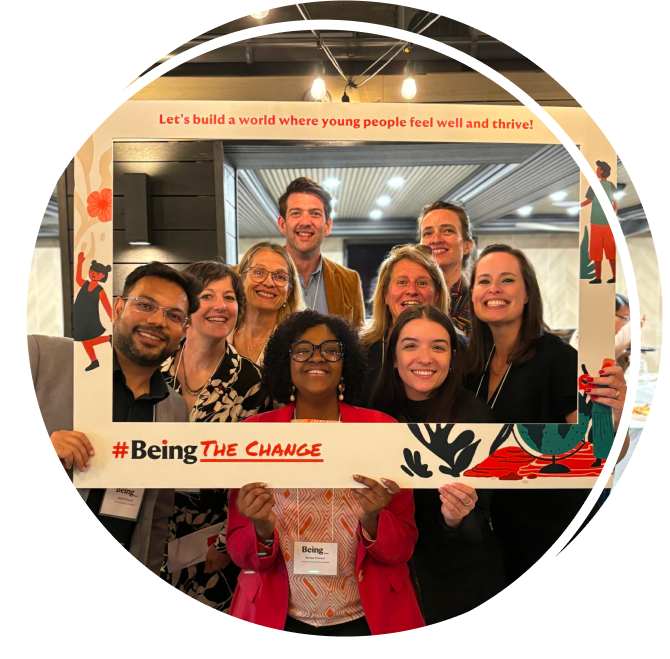The COVID-19 pandemic is accelerating the ongoing trend towards digitalisation of healthcare. But fast-moving technological development has led to concerns over data protection, privacy, and ownership, with health data governance becoming more critical than ever. How can it be achieved?
For this year’s virtual World Health Summit, we hosted a session to dive deeper into this topic, learn from good examples, and discuss ideas about how we can translate conceptual thinking into action.
The session was moderated by Stefan Germann, CEO of Fondation Botnar, and a diverse panel joined him with representatives from academia, private sector, governments, and institutions:
- Professor Lawrence O. Gostin, Director of the O’Neill Institute for National and Global Health Law, Georgetown University.
- Dr. Bernardo Mariano Jr., Chief Information Officer, Director, Digital Health & Innovation, World Health Organization (WHO).
- Dr. Bernd Montag, President and CEO, Siemens Healthineers.
- Dr. Päivi Sillanaukee, Ambassador for Health & Well-being in the Finnish Ministry for Foreign Affairs.
- Professor Effy Vayena, Chair of Bioethics, Department of Health Sciences and Technology, Swiss Federal Institute of Technology (ETH) Zurich.
Ending the pandemic while respecting data privacy
Stefan Germann, CEO of Fondation Botnar, opened the session by explaining how the current pandemic has increased reliance on digital technologies and accelerated the digital transformation of health. Still, some countries that have moved quickly could infringe human rights on the way to strengthen surveillance for contact tracing by changing legislation to allow for data collection and storage. A process that some had expected to take over five years to complete has only taken a few months for some countries. Stefan referenced an article in the Economist from one and a half years ago which made the case that health data, more than any other form of data, is us, the people, which means we all have a stake in how it is used. Also, the Economist from this week highlighted how the ongoing crisis in human rights is being reinforced during the pandemic in numerous ways, one which is through surveillance technologies controlling citizens under the pandemic, but with potentially deeper and long term consequences.
At Fondation Botnar, we recognise the need for robust health data governance to be able to fully harness the power of digital and data. We have been investing in several initiatives to support a more responsible, inclusive digital society, including the joint Lancet & Financial Times Commission on Growing up in a digital world: Governing health futures 2030 which explores the opportunity to achieve universal health coverage through the convergence of digital technologies, and the Transform Health Coalition which advocates for the health data governance framework and the inclusion of diverse groups in digital health.
Stefan Germann’s introductory remarks set the scene for the panel discussion and opened for panelists to go deeper into the specific digital technologies, such as track-and-trace apps and concrete solutions for data protection and privacy.
Professor Lawrence Gostin said that COVID-19 track-and-trace apps could be highly effective, however not on their own. They need to be coupled with other strategies as well, such as face masks and social distancing. He explained how the two track-and-trace approaches (decentralised and centralised data storage) are both imperfect as one is not respecting data rights and privacy of individuals (centralised) and the voluntarily (decentralised) don’t have enough uptake to be effective.
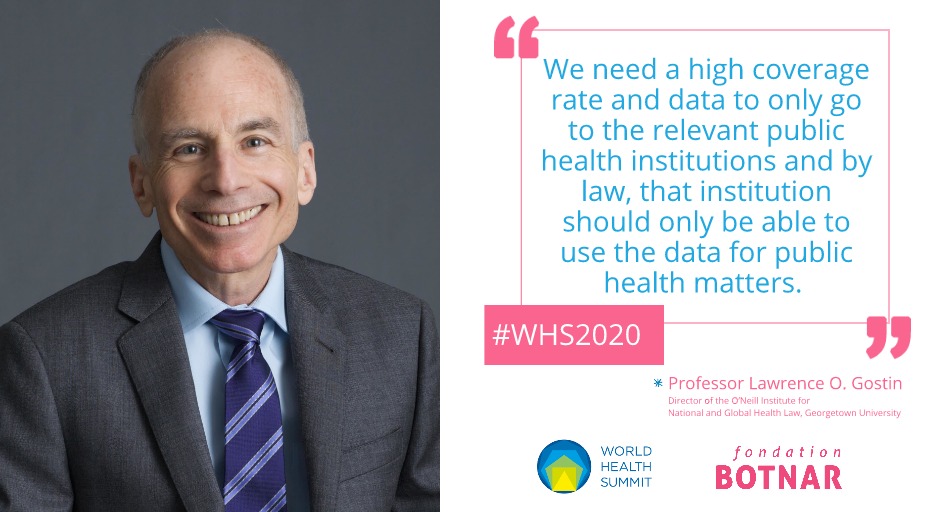
He further explained that there is a need for a high coverage rate, which means a lot of people need to download and use the apps. Studies have shown that at least three-quarters of the population need to use it to be effective. Similarly, the data gathered should only go to the relevant public health institutions, and by law, that institution should only be allowed to use the data for public health matters.
“The public wants to end this pandemic, but they don’t want governments to misuse the data.”
Lawrence Gostin, O’Neill Institute for National and Global Health Law, Georgetown University
The issue, however, is that the rate of innovation is so rapid that legal frameworks are not keeping up. Developing global legal frameworks takes time, and the panel discussed what some traditional and non-traditional solutions could be. Larry pointed out the importance of using current systems, for example, making use of an International Health Regulation. Still, he also highlighted that this would take time and suggested that one way to accelerate action could be through developing an annex/e on digital and data for health.
Trust is essential for the success
In light of the ongoing pandemic, Dr. Päivi Sillanaukee shared the experience of Finland, one of the countries which have had the best voluntary uptake of COVID-19 track-and-trace apps. One-third of the Finnish population has downloaded the app, which is called Koronavilkku – Corona Flash – compared to France, where only 6 per cent are using the app, in France called StopCovid.
Finland had been integrating digital and data into their health systems before the pandemic, with all Finnish citizens having digital health records which they can access online. Päivi pointed out that building on the already existing digital systems and cultures have been essential, but also to ensure collaborative and participatory processes. Finland has also been holding public discussions on the topic prior to launching Koronavilkku, which has helped to build trust, something hugely important for the uptake of the app.
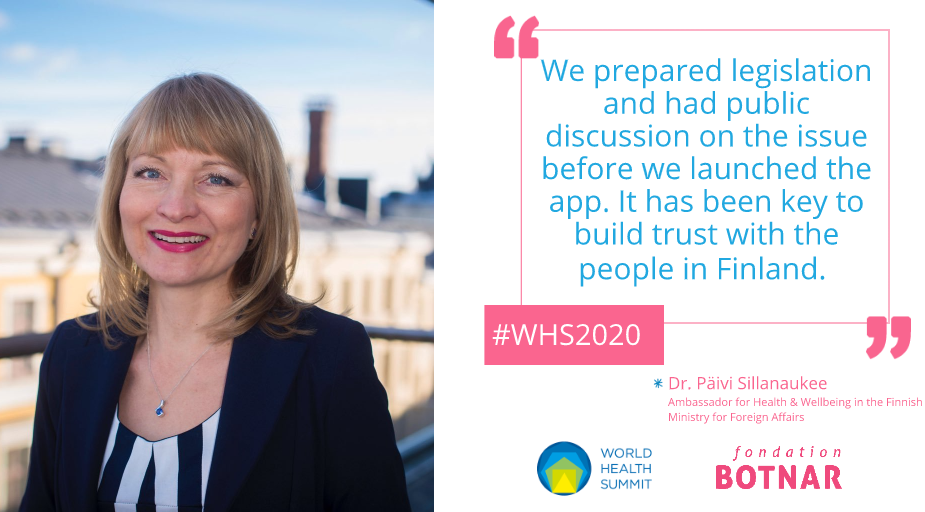
Dr. Bernd Montag had a similar perspective, discussing the need to keep patients at the heart of digital and data for health. He emphasised that it will be crucial to understand and address the concerns and fear that people have and that it is vital not to forget the end goal – to advance and improve medical technology and at the same time making healthcare more human.
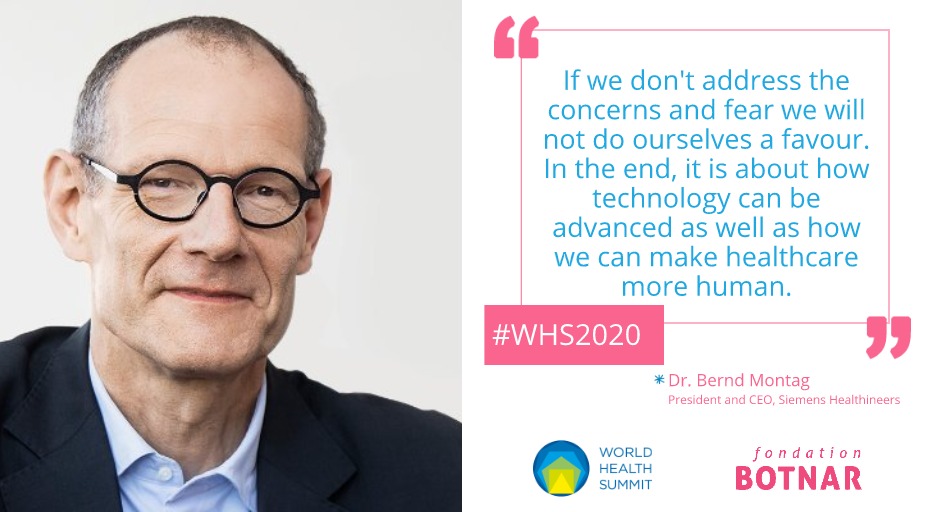
The role of the EU and WHO
There was agreement among panellists that there is an urgent need for a global governance framework for data, but who should drive this process?
The audience and panellists discussed the EU, as well as the World Health Organization (WHO), could play central roles in this process. Dr. Bernardo Mariano Jr. from the WHO said that for this time next year he hopes to have seen diverse partners working together to develop a framework for health data governance and that WHO is available to play the role of the convener.
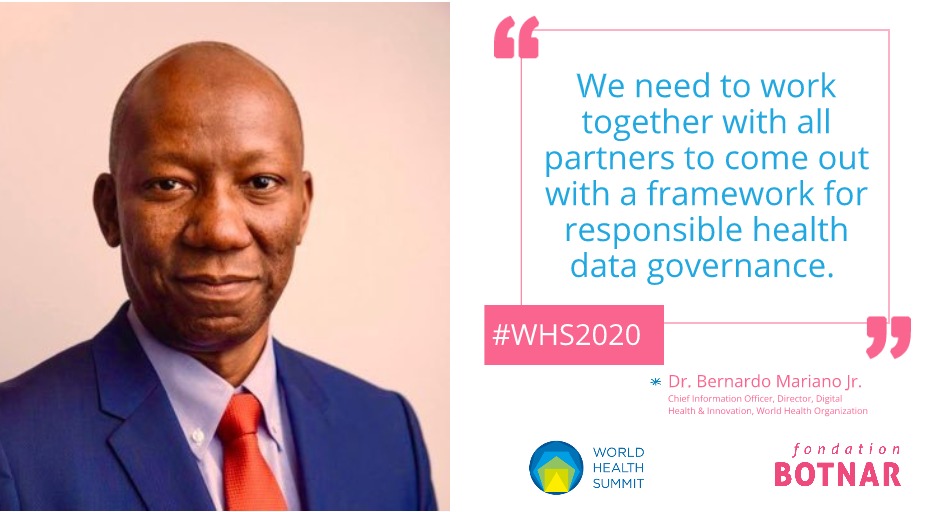
The EU, who is at the forefront of digital transformation, including data privacy, could have an important role to play for the development of a global framework. Being a leader in data privacy, a sub-group of EU Member States could drive and advocate at the global level and develop regional guidelines for data governance. Professor Effy Vayena expressed the need to urgently move from conceptual and theoretical thinking to action, and she believes that there is a need for political will from all actors. She also agreed with Bernardo that on this, the WHO can have a leading role to play.
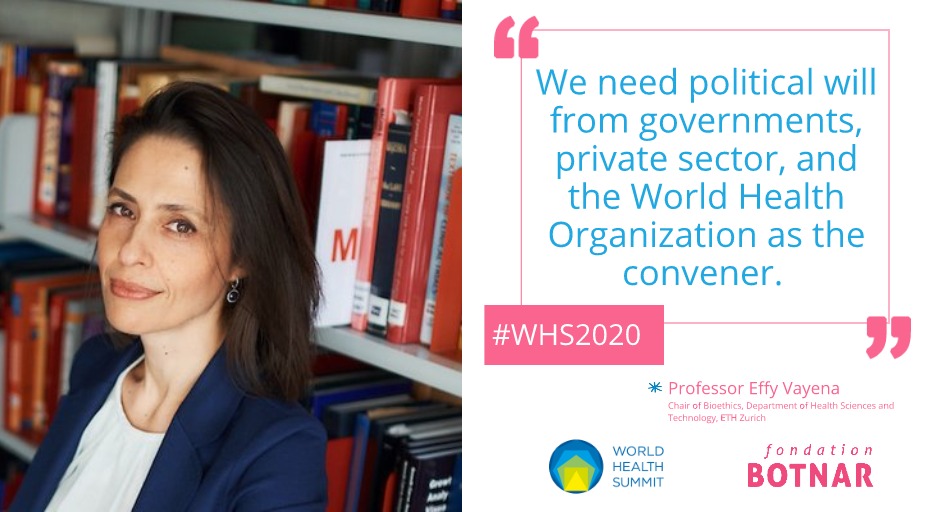
At the end of the session, each panelist was given the opportunity to share their call for action for health data governance in 2021.
- “I want us to work together to develop a regulatory framework. It can be soft or binding depending on what we collectively want to do together” – Dr. Bernando Mariano Jr.
- “There is a need to look at the opportunities and danger if we don’t do something and I want us to develop this in the spirit of all the positive things we can achieve if we have a responsible health data governance framework” – Dr. Bernd Montag
- “I want to see a translation of the health data principles and theories into action and real political will to do this as a global community” – Professor Effy Vayena
- “The next step I want to see is that the EU begin the work toward a responsible framework so that those in the EU own their health data” – Dr. Päivi Sillanaukee
- “My call to action is to urgently develop a global agreement on health data and to ensure that human rights are highly respected in the tools and guidelines we are developing” – Stefan Germann
The session provided essential insights and proposed actions of how the global community can move forward in creating a data governance framework that respects human rights. Fondation Botnar will continue to catalyse discussions and conversations around health data and how we can balance the risks and opportunities of digital and data for health.
If you couldn’t join the session, you can watch the recording here.
Ahead of the World Health Summit, Stefan Germann shared his reflections in Think Global Health on balancing the opportunities and risks with digital and data for health. Read the article here.
Follow us on Twitter to continue to discuss this important topic and the way forward: @FondationBotnar.
